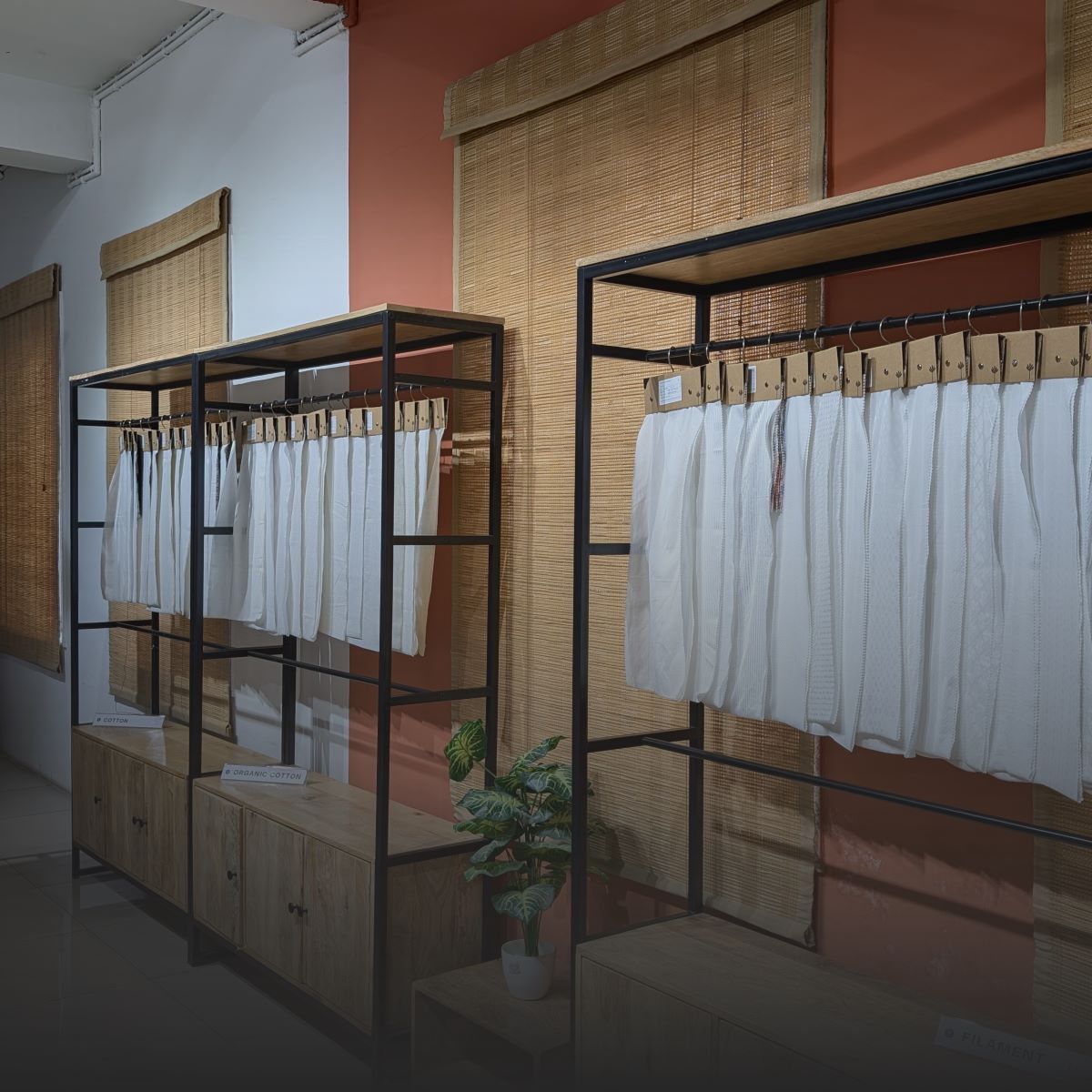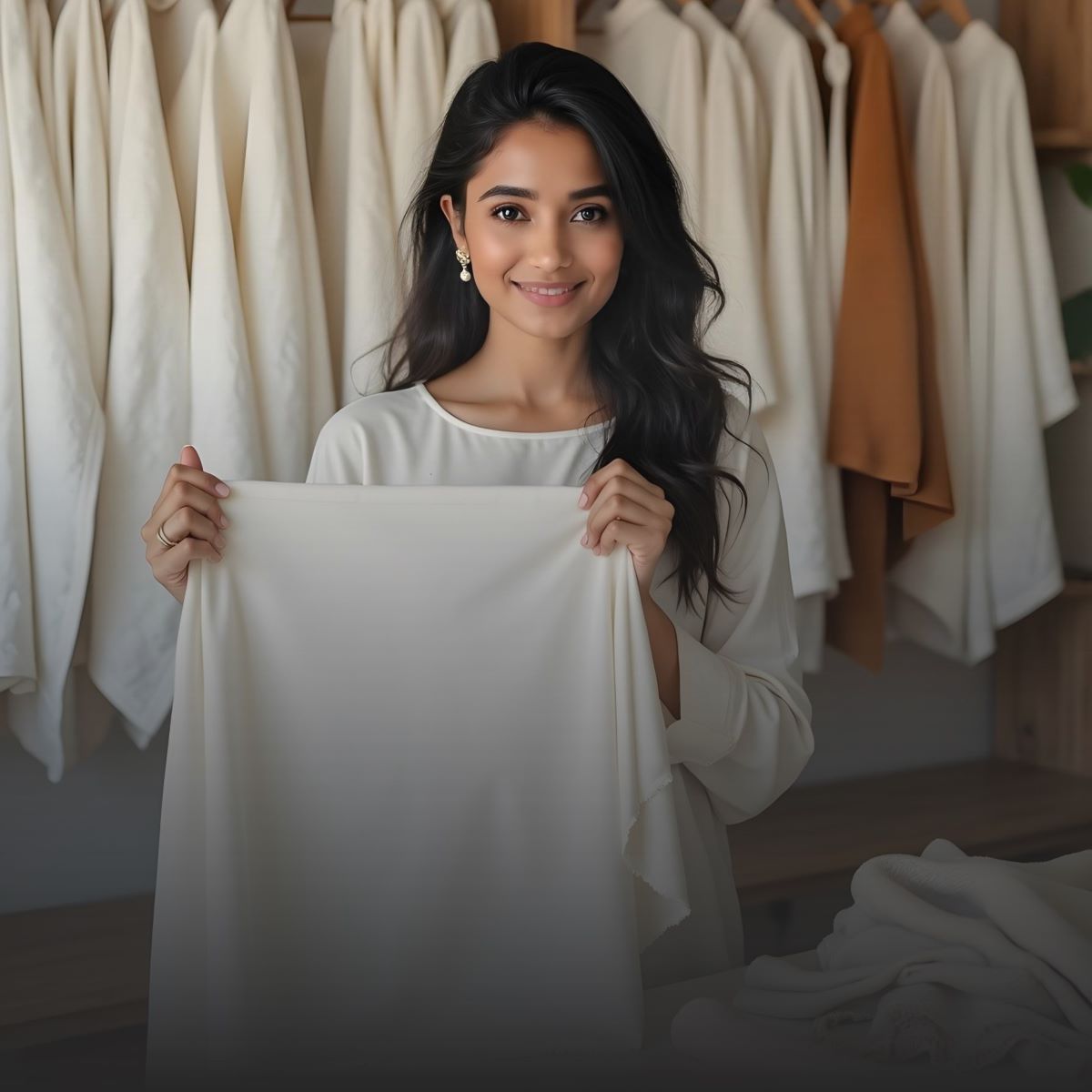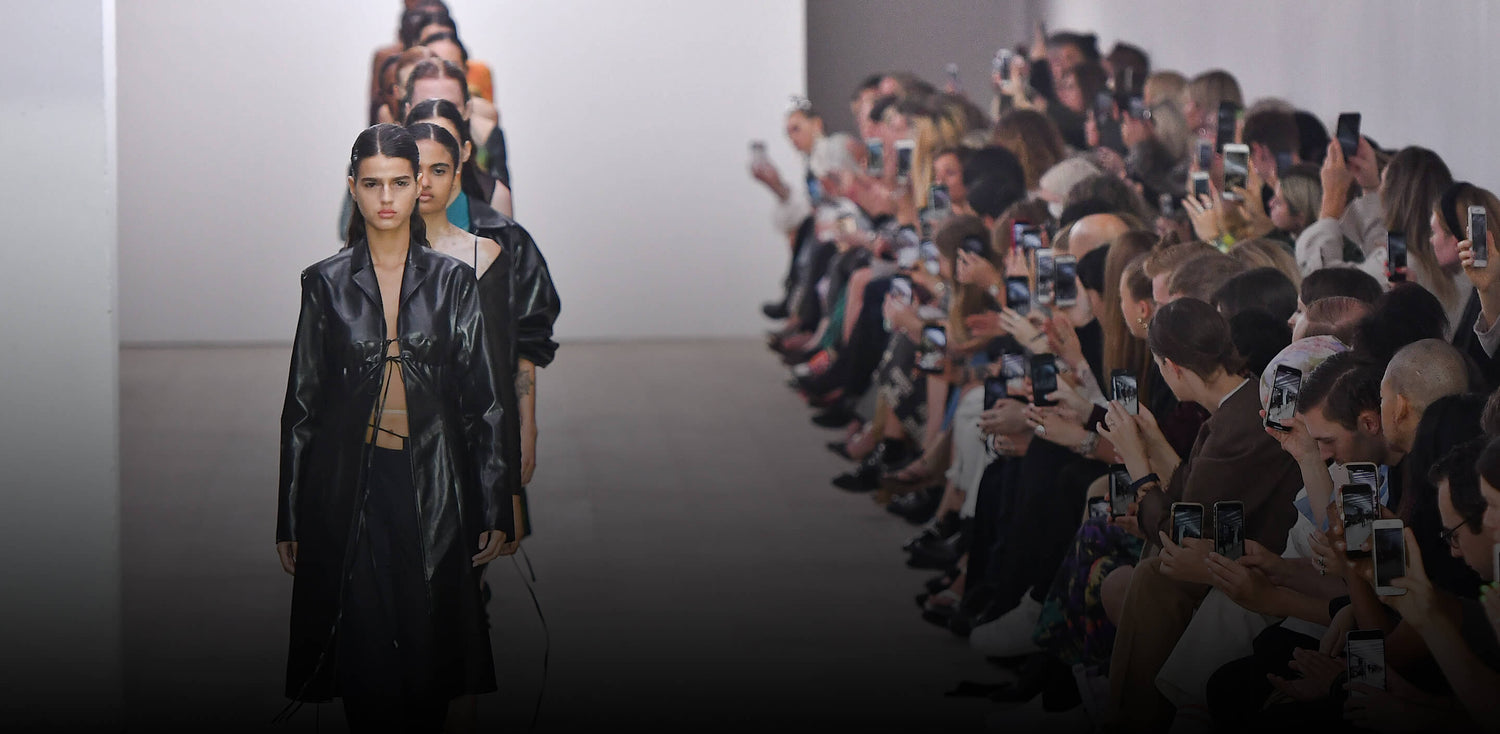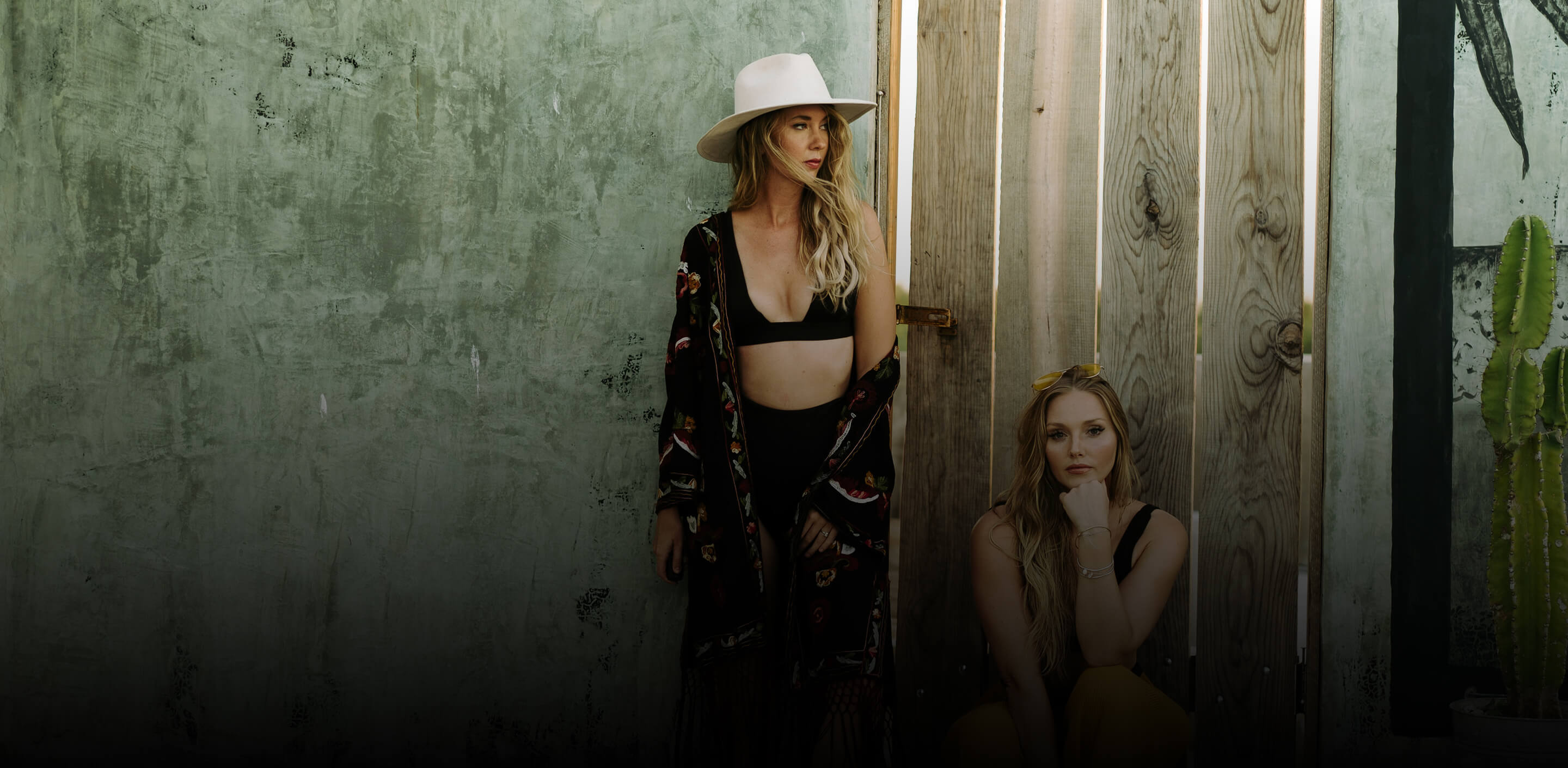Nowadays, private-label clothing is omnipresent. They may be found at major shops and even on the shelves of your local bargain store. But what exactly does "private label" mean? Everything's a bit difficult, but we'll explain it to you! To begin, private label apparel denotes a textile manufacturer or fabric sourcing agent creating styles of blank items and allowing clients to acquire units and personalize them with their own branding. Unlike white-label or grey-market commodities, these things are frequently unbranded - they are just from Company X's inventory! You may personalize private label items to appear like your designs if you have a nice design or logo. Continue reading to discover how to start establishing a clothing business using a private label.
The term "private label brands" refers to what?

The term "private label" refers to products that are made by a contract or third-party manufacturer but marketed under the store's own label. Products with a private label may be found in the health and beauty, apparel, and footwear markets, among others.
The initial concept of private labeling was to provide customers with a cheaper alternative. In the pharmaceutical sector, these goods would be considered generics. As competition increases in the retail and fashion sectors, private label has broadened to encompass distinctive fashion items with the goal of fostering customer loyalty.
Perks of Going Off-Label

Many fashion and apparel companies choose private labels because of the larger gross margins it often provides.
- Boosting gross margins is a certain way to boost profits.
- With the goal of controlling costs, stores will often outsource production to contract or third-party manufacturers and provide them with detailed lists of the materials and parts they should use. A majority of the time, you must follow these regulations. Through the use of this method, stores may keep full control over pricing and product quality.
- Additionally, retailers have the capacity to set prices, which, in conjunction with their command over expenses, allows them to manage profits.
- Brand loyalty may be both a hindrance and a boon. It's a big change from the private label's original financial motivation, but it might help build brand loyalty in ways that name brands don't. This is because private-label products may only be purchased from the store that created them.
- Capacity to Easily Adjust to New Circumstances - Agility is often defined by its ability to quickly adapt to new situations. As a result of having greater say over their brands, retailers are free to innovate and make changes rapidly. Stores are struggling to keep up with the ever-changing fashion scene. To better respond to customer's demands for the latest styles, retailers need to have complete creative control over the garments they sell, as well as the ability to leverage the most advanced supply chain technologies.
FAQ
What is the best example of a private label brand?
The Costco brand is one of the best-known private labels in the world. Many of the items sold at Costco are identical to those sold by competitors under different brand names. (The company that makes Kirkland's diapers, for instance, also makes Huggies.)
Why do people choose a private label?
People prefer private label brands over name brands since they are much less expensive.
We also happen to be a magnet for suggestions, and would love to catch yours….throw us yours on hello@fabriclore.com





